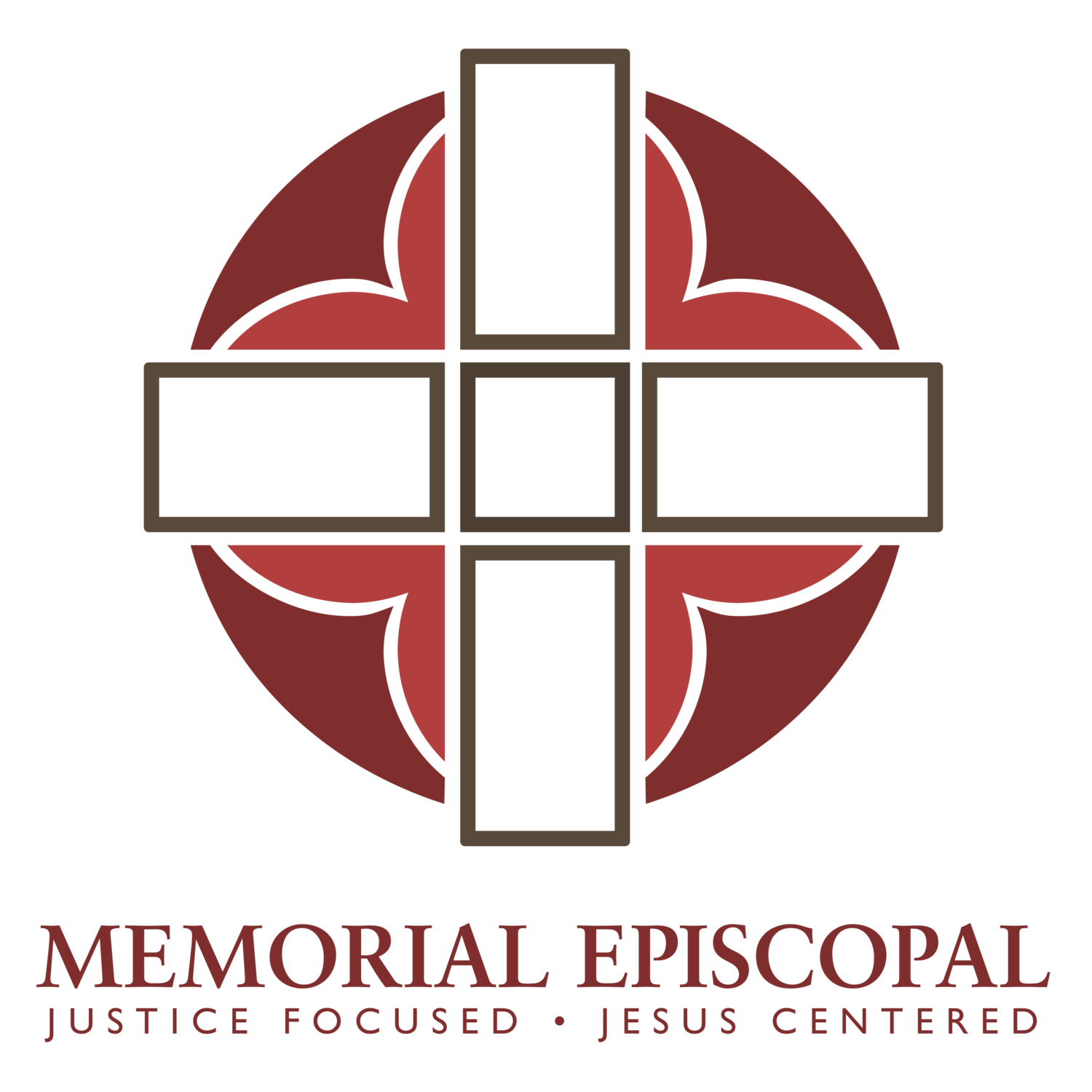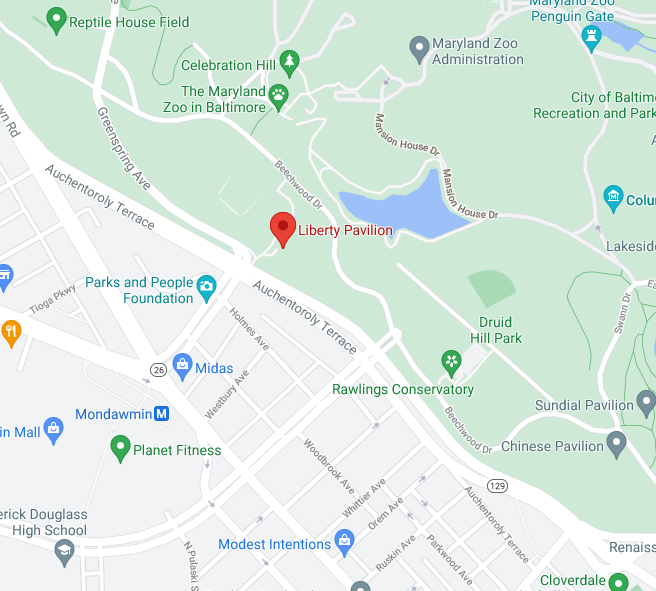Now as he was going along and approaching Damascus, suddenly a light from heaven flashed around him. He fell to the ground and heard a voice saying to him, "Saul, Saul, why do you persecute me?"
Acts 9:3
For the last few days, Monica, the kids and I have been living out of a hotel in Hunt Valley while our floors are being redone. Like any good historic home renovation, a two day job is now going into week two. So as I gaze out the fifth floor of a building overlooking Wegmans and the Interstate, I had an epiphany not unlike Paul’s road to Damascus moment.
Between walks in Oregon Ridge and take out from Chain Restaurant X,Y and Z, and the pristine shopping environment of Wegmans and an all you can eat hotel breakfast….
I am beginning to go blind.
Blindness is not a miracle limited to Paul and a few other prophets and disciples in scripture. Blindness can happen to any of us when we are so focused on doing one thing that we forget to open up and see everything else at play.
Sitting out here at this high perch the thing I am going blind to is… Baltimore. But I’m not blind to the need, or the poverty, or the inequality. I can’t be blind to the crime and misery because the news shows me that every night since we don’t have Netflix out here, and our youngest is suddenly obsessed with watching “the news”(this takes lots of careful curation).
What I am blind to is the community. The beauty of Baltimore as a place and a space where people gather, people share, and people lift each other up. This is what Saul/Paul was blind to - that the community of Christ followers was a community of God’s people that would gather, share, pray, grow, laugh, cry, fight, argue but always seeking to come back together and move forward.
He only saw the headlines. He missed the people. He missed the light.
This is not (entirely) a plea to encourage everyone to move into the city. But it is a plea for us as a church community to explore ways to better root ourselves in this community. So that we do not become blind to those around us, and so they do not become blind to us.
You see - Paul was not ‘bad’ and then became ‘good’. He was always about the work of salvation, he was just blind to the fact that Salvation could look different for different people. That a cookie cutter approach to life and ministry does not serve any of us well.
Maybe you are blind to this? When you close your eyes and picture success… does it require letters after someone’s name? Does it mean living in a particular zip code? Does it mean a particular sized bank account? When you picture someone who is capable and talented…. What do they look like? What do they wear? How do they talk? What do they do?
You see the secret is that Paul was not struck blind on the road to Damascus. He was always blind. It was only through the bright light of Christ that he was finally able to see. To see the possibility and joy and salvation among this nascent Christian community, and more importantly to finally see his actions and beliefs for what they were.
Maybe we should all take a moment to consider our blindness, so that we too can see.





